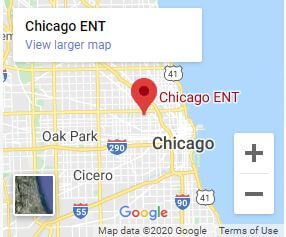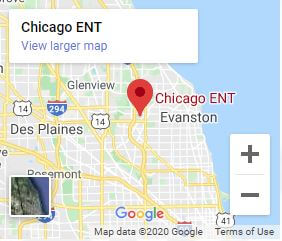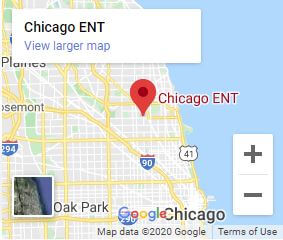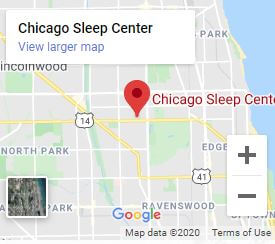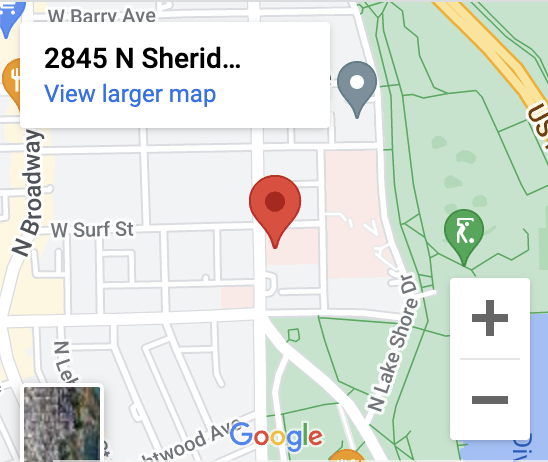Do you snore? You aren’t alone.
Almost everyone will snore at some point in their life. Snoring happens when airflow is restricted or blocked.
For most people, snoring isn’t an issue. However, sometimes, it can be a sign of a serious sleep disorder called sleep apnea.
That’s especially true if your partner has complained about your constant loud grumbling and snorting while sleeping, keeping them up at night. Keep reading to learn more about snoring and the 5 signs snoring is a problem worth investigating!
What is Snoring?

When you’re asleep, the soft, floppy tissues in your throat and mouth, such as the adenoids, tonsils, uvula, and other tissues, relax while your tongue falls backward, which can narrow the airway. Consequently, air squeezes through these relaxed tissues instead of moving freely as you inhale and exhale.
Air getting squeezed through these can cause the soft tissues to vibrate and produce a grumbling, rattling, or snorting sound, better known as snoring. The narrower your airway gets, the more the relaxed tissues vibrate and the louder your snoring becomes.
Infrequent soft snoring is usually no cause for concern. However, loud and frequent snoring could be a warning sign of sleep apnea.
Sleep apnea is a serious sleep condition that causes you to stop breathing frequently during sleep. There are several kinds of sleep apnea.
Obstructive Sleep Apnea
The most common type of sleep apnea is known as obstructive sleep apnea (OSA). Obstructive sleep apnea happens when the muscles in the back of your throat relax and partially or completely close off your airway.
Because of this, you stop breathing for about 20 to 30 seconds at a time. Your brain detects impaired breathing each time and briefly wakes you up so you can open your airway and resume breathing.
Since you only awaken momentarily, you likely won’t remember waking up the following day. The pattern can recur tens to hundreds of times in a single night.
If sleep apnea is left untreated, it can increase your risk for things like:
- Stroke
- Obesity
- Diabetes
- Depression
- Heart disease
- Liver problems
- Memory issues
- High blood pressure
When to Get Your Snoring Checked
Whether your snoring is a sign of something more serious will depend on the frequency and severity. Here are some of the signs that could indicate your snoring requires medical attention.
Loud Obnoxious Snoring
Just because you snore doesn’t mean you have sleep apnea. However, the two usually go hand-in-hand.
Obstructive sleep apnea is one of the common reasons why people have loud, thunderous, and continuous snoring.
If your partner or anyone within earshot complains that your disruptive and persistent snoring keeps them awake, seeing an ENT specialist at Chicago ENT is essential.
Choking or Gasping Sounds
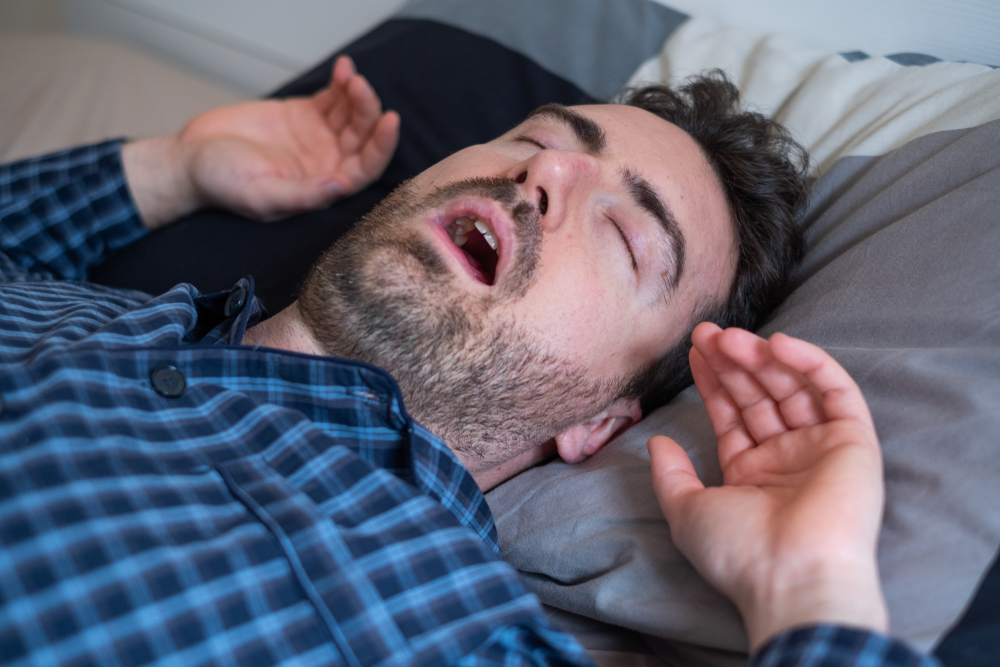
You probably won’t realize you snore at night or stop breathing while sleeping. Usually, your bed partner notices this alongside gasping or choking sounds during sleep.
Your brain senses when you don’t get enough oxygen due to a blocked or narrowed airway. It then jolts you awake so you can reopen your airway and begin breathing again.
You may wake up suddenly choking or gasping for air as your body responds to the lack of oxygen. If your partner says that you gasp or choke at night, see an ENT specialist for evaluation.
Excessive Fatigue
Feeling exhausted during the day can indicate you’re not getting a restful night’s sleep. It might be a sign of sleep apnea if you constantly feel fatigued and snore a lot.
The brief pauses in breathing caused by sleep apnea disrupt your sleep and can leave you tired and sleepy during the day. You should talk to an ENT specialist if you often doze off at work or during your lunch break.
A trip to Chicago ENT and our talented ENT specialists can help you get to the root of your symptoms.
Your Body Mass Index (BMI) is High
Being overweight or obese increases your likelihood of snoring and developing obstructive sleep apnea. Some extra pounds are deposited in your throat, neck, and tongue.
When these take up more space, they can constrict or block an already narrow airway and cause snoring and obstructive sleep apnea. Obesity is determined by calculating your BMI.
Your BMI is your weight in pounds (or kilograms) divided by the square of your height in feet (or meters). A BMI of 18.5 to 24.9 is deemed a healthy weight.
However, you’re considered overweight if your BMI falls within 25 to 29.9, while a BMI of 30 and above shows that you’re obese. If you’re overweight or obese and snore while sleeping, you need to see an ENT specialist.
Your ENT specialist may suggest weight loss as part of your sleep apnea treatment. Losing weight can open your airways and significantly reduce sleep apnea symptoms, including snoring.
You Have High Blood Pressure
High blood pressure happens when your blood pressure, which is the force of the blood pushing against the wall of your blood vessels, is consistently very high. High blood pressure alone may not be an indication of sleep apnea.
But it may be if you have other tell-tale signs like snoring. Your sympathetic nervous system is activated whenever your breathing pauses due to sleep apnea.
When stimulated, this system causes a spike in your blood pressure each time you start breathing again. Without treatment, high blood pressure places a constant strain on your cardiovascular system, which may lead to a heart attack, stroke, and other complications.
The good news is that sleep apnea treatment, such as continuous positive airway pressure (CPAP), can improve your blood pressure, lowering the risk of adverse health consequences.
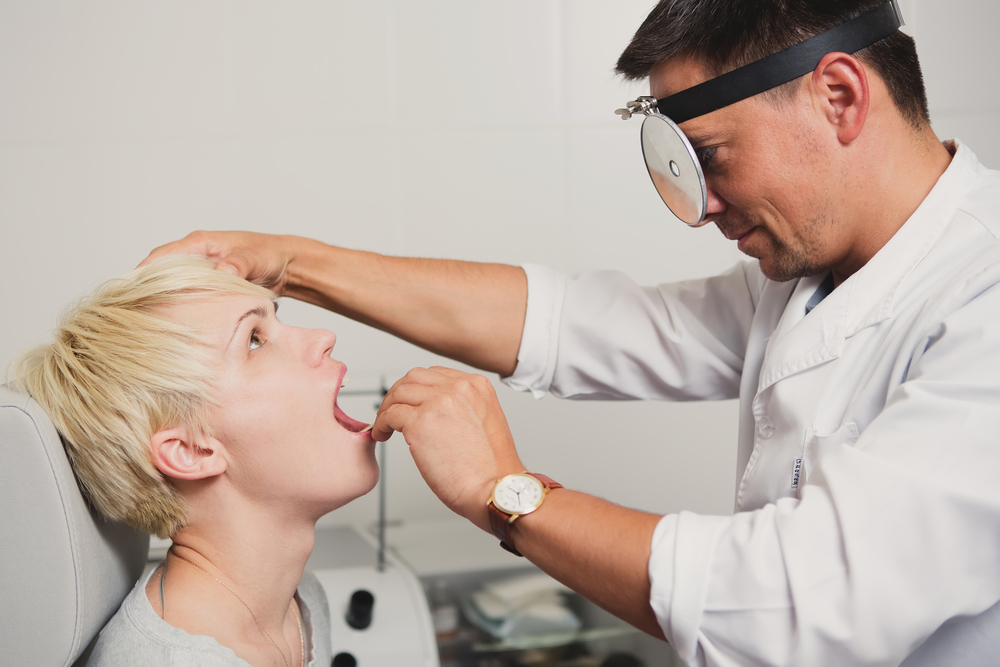
Get Your Snoring Checked
If you suspect your snoring is due to sleep apnea, take the time to see an ENT specialist at Chicago ENT. Our team can perform a thorough assessment and provide the best treatment to protect your health and improve your quality of life.
Are you ready to sleep better? Take the next step by requesting an appointment at one of Chicago ENT’s five easy-to-access locations to learn more about sleep apnea and get the restful sleep you need!











